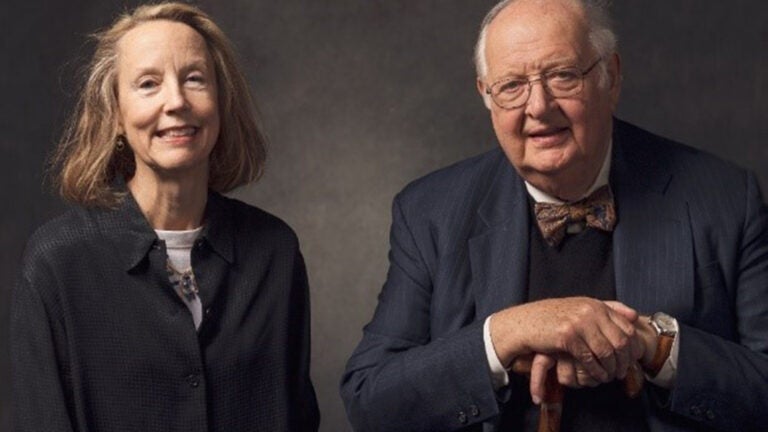
Nobel-winning economist says COVID-19 spotlights limitations of U.S. health system
Inefficiencies and flaws in the American health care system are so dramatically highlighted by the coronavirus pandemic that public anger may force changes that lobbyists in Washington will not be able to block. This according to Nobel laureate Sir Angus Deaton, Presidential Professor of Economics at USC Dornsife College of Letters, Arts and Sciences and Distinguished Fellow at the USC Schaeffer Center for Health Policy & Economics, and Princeton Professor Anne Case.
Deaton and Case discussed health care trends in the context of their latest book, Deaths of Despair and the Future of American Capitalism (Princeton University Press, 2020), during a Schaeffer Center webinar on July 7.
Deaton noted that the virus is putting extraordinary pressures on the health care system. He said that it is possible that 1 million Americans will have to spend time in the hospital. At the same time, 27 million Americans may have lost their employer-based health insurance and face big out of pocket costs.
“This is not a good time for employer-based health insurance,” he said. National health plans in other countries are not facing the same dilemma. Many different plans might work in the United States but in the end “we need to get away from this monstrous system,” which costs 18% of American gross domestic product.
Case and Deaton’s book documents the devastating deaths that preceded COVID-19, taking the lives of 158,000 Americans in 2018. Deaths of despair primarily strike those without a college degree whose loss of a way of life has led them to suicide, alcoholism, drug overdose and finally premature death.
Today’s pandemic has further exacerbated these deaths of despair as those without a college degree are less likely to be able to continue their work remotely, and those who are able to continue to work typically fill essential jobs that put them at great risk of COVID-19 infection.
Any path forward should focus on how to make it possible to lead a middle-class life without a four-year college degree, which is becoming more expensive and less likely to be a ladder up for most Americans, Case said.